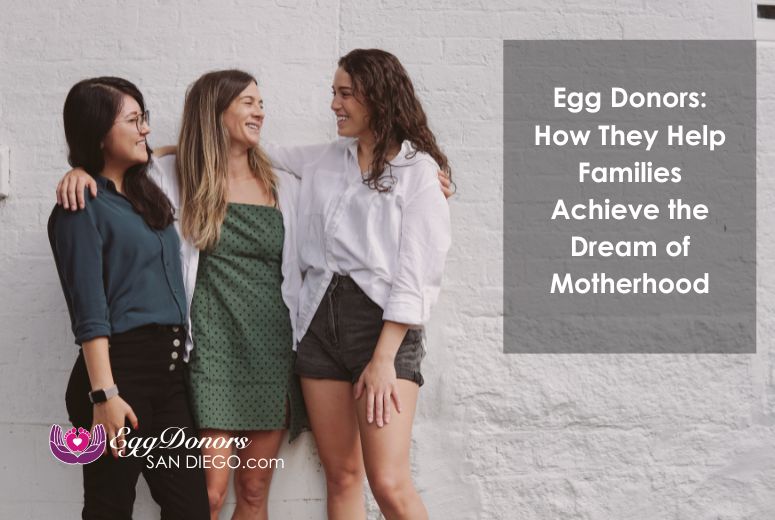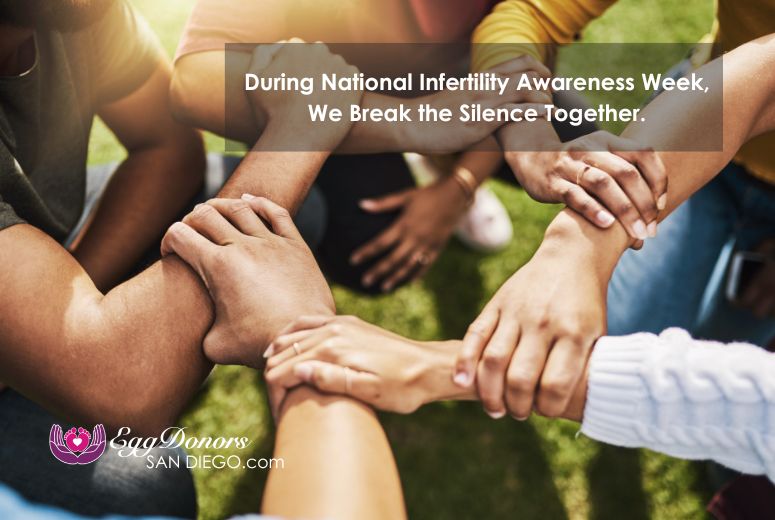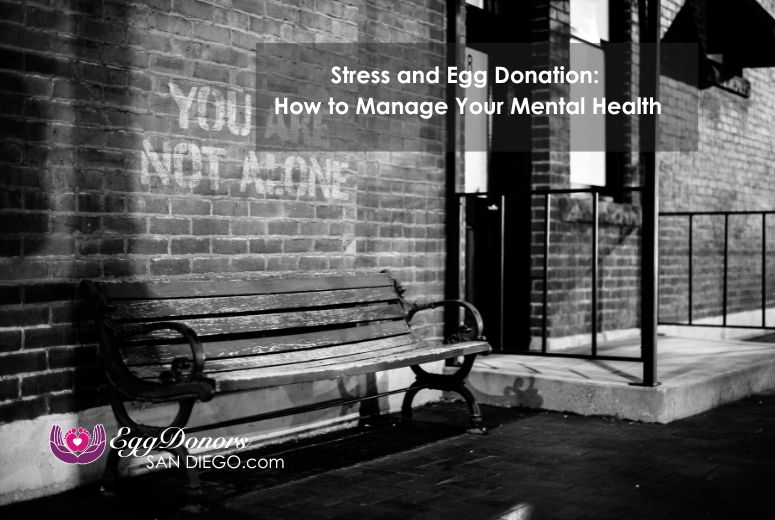Understanding the Role of Egg Donors
Infertility can be a deeply personal and heartbreaking experience. For many individuals and couples, the inability to conceive with their own eggs presents a significant barrier on the path to parenthood. This is where egg donors step in—not just as biological contributors, but as life-changers. Through carefully coordinated egg donor programs, donors help make the dream of motherhood possible for hundreds of intended parents each year.
Dr. Minoos Hosseinzadeh, founder and medical director of the in-house egg donor program at EggDonorsSanDiego.com, shares:
“Our egg donors are extraordinary young women. Their gift of life is more than just a medical act—it’s a moment of profound humanity. Every donation is a story of compassion, strength, and transformation.”
How Egg Donation Works
At its core, egg donation involves a qualified donor undergoing a process where her donor eggs are retrieved and then fertilized via IVF. The resulting embryos are transferred into the uterus of the intended mother or a gestational surrogate.
Here’s how the process unfolds:
- Step 1: Egg Donor Screening Every donor at EggDonorsSanDiego.com undergoes rigorous screening—including medical evaluation, genetic carrier screening, drug testing, and psychological evaluations—to ensure they meet the highest egg donor requirements.
- Step 2: Donor Matching Intended parents review a carefully curated egg donor database to find a donor who aligns with their values, lifestyle, and desired physical or ethnic traits.
- Step 3: Egg Donor Cycle Once matched, the donor begins a medication cycle that includes hormone injections. This process stimulates the ovaries, making it possible to retrieve many eggs, through a minimally invasive and safe egg retrieval procedure.
- Step 4: Fertilization & Embryo Transfer The eggs are fertilized in a lab using the sperm of the intended father or sperm donor. The embryos are later transferred to the intended mother’s or a gestational surrogate’s prepared uterus.
- Step 5: Ongoing Support Both donors and recipients receive continued care from our clinical team to ensure a smooth, safe, and supported experience.
Why Egg Donors Are Essential
Egg donors make parenthood possible for those facing:
- Diminished ovarian reserve or premature menopause
- Dangerous Genetic conditions that could be passed to the child
- Failed IVF cycles using their own eggs
- Same-sex male couples or single male parents
- Cancer survivors who lost their fertility due to treatment
“Without egg donors, many of our patients would never have the opportunity to have a child.,” says Dr. Hosseinzadeh. “They bring hope where once there was none.”
Who Becomes an Egg Donor?
The women who join our in-house egg donor program are often in their twenties or early thirties, healthy, and motivated by altruism or the desire to make a meaningful impact. Some are college students, professionals, or mothers themselves. All are united by one thing: the willingness to help another family grow.
Common qualifications include:
- Age 20–29
- Good overall physical and mental health
- Non-smoker, drug-free lifestyle
- BMI within a healthy range
- Willingness to commit to the entire egg donation journey
When to Consider Donor Eggs
Intended parents are often advised to consider donor egg IVF when they:
- Have experienced multiple failed IVF cycles
- Have low ovarian reserve
- Have been diagnosed with premature ovarian insufficiency
- Want to avoid passing on inheritable genetic disorders
- Are in a same-sex male relationship or are single fathers
Benefits of Egg Donation for Families
For many intended parents, using donor eggs is the final key to achieving a successful pregnancy and experiencing the joys of parenthood.
Benefits include:
- Significantly higher IVF success rates
- The ability to choose a donor with desirable attributes
- A clear legal process when working with a licensed fertility clinic
- Emotional closure and a new beginning
Costs and Financial Planning
The cost of egg donation varies depending on whether fresh or frozen eggs are used, and if donor compensation is involved.
At EggDonorsSanDiego.com, we offer flexible payment plans and full transparency so families can focus on what matters most—building their family.
FAQs
Yes. If donor eggs are used, the child will share DNA with the egg donor.
That depends on whether you choose an anonymous, semi-known, or known donor. We offer options based on your comfort level and legal preferences.
Fresh donor eggs come from a medicated cycle and are inseminated with the sperm on the day they are retrieved. They are then grown to the developmental stage of blastocyst. Frozen eggs are already retrieved and stored, until they are chosen, and warmed to create embryos for the recipient family.
It can be, but some families opt for open-identity or known donation. California law supports all configurations with clear legal contracts.
If you’re ready to explore how egg donors can help you achieve the dream of motherhood, we invite you to start your journey with us.
Book your complimentary consultation with Dr. Minoos Hosseinzadeh today.









